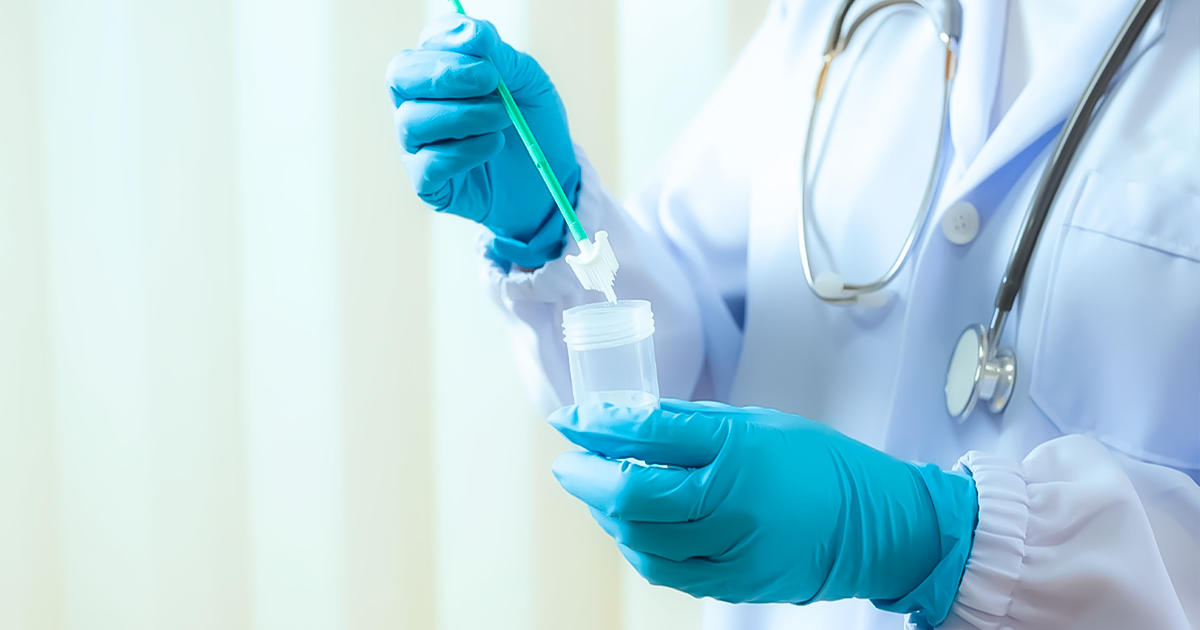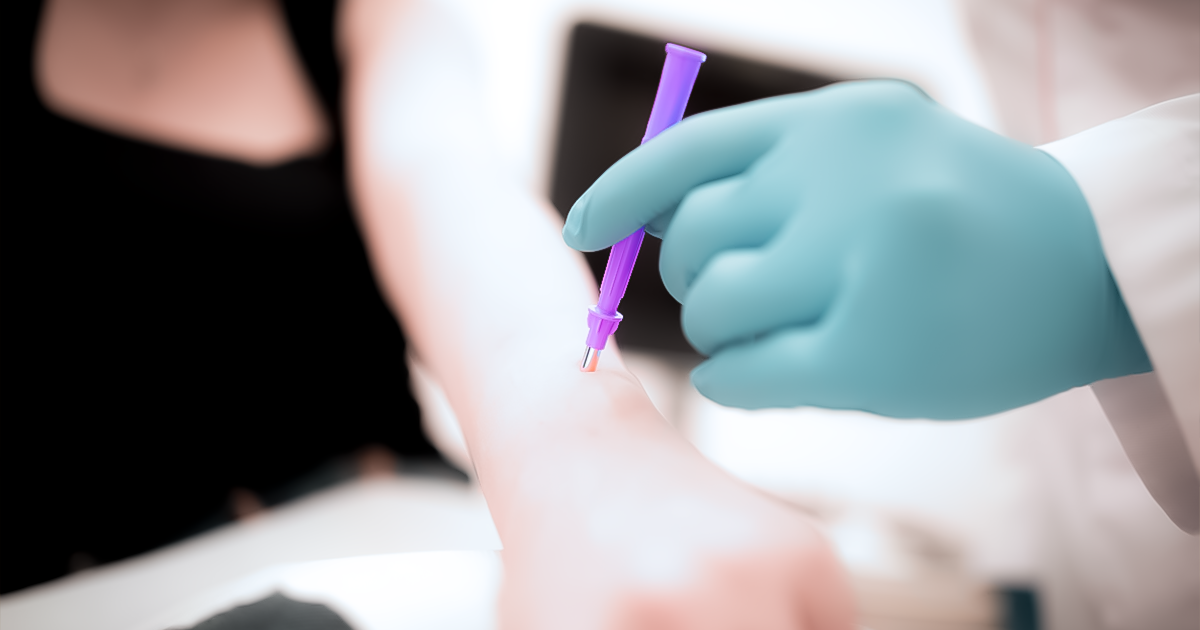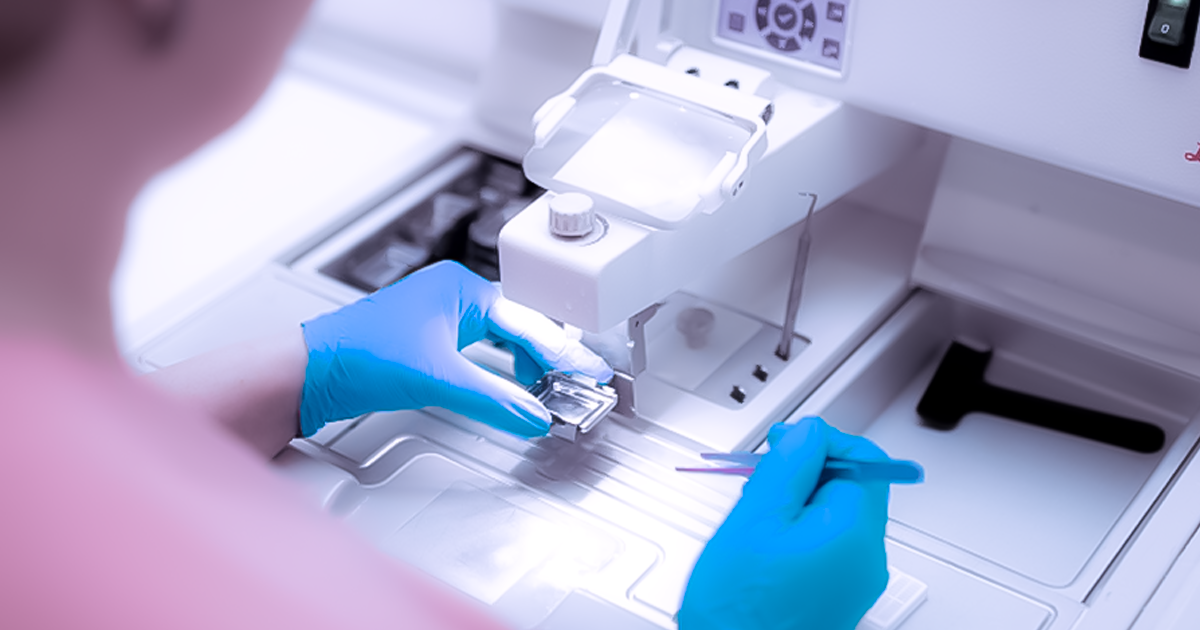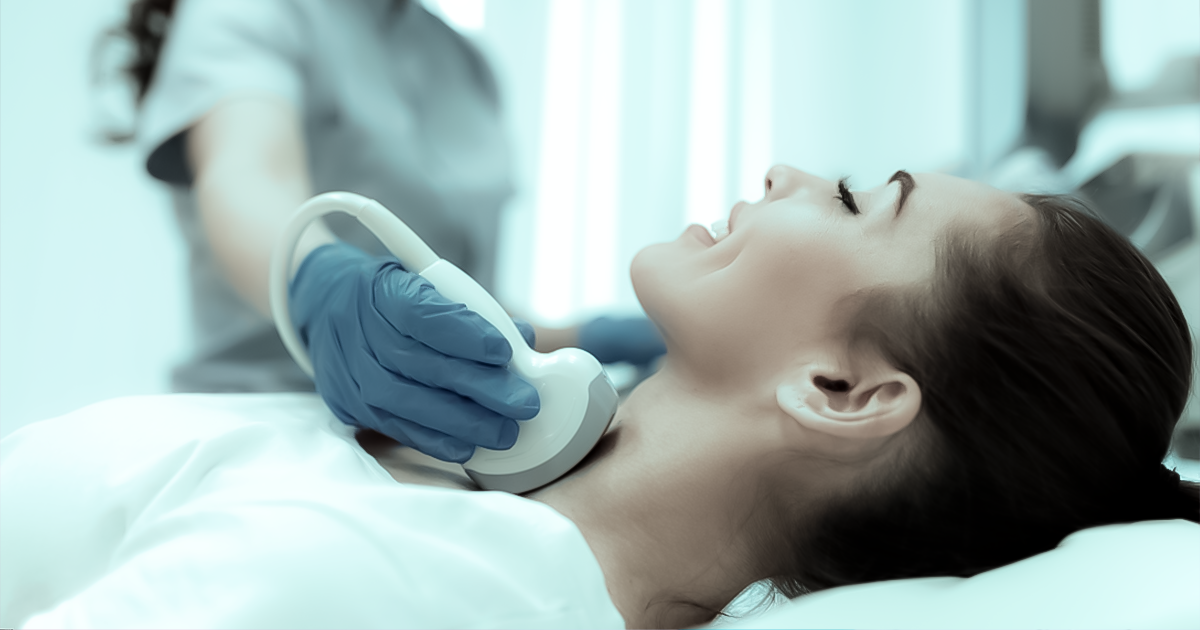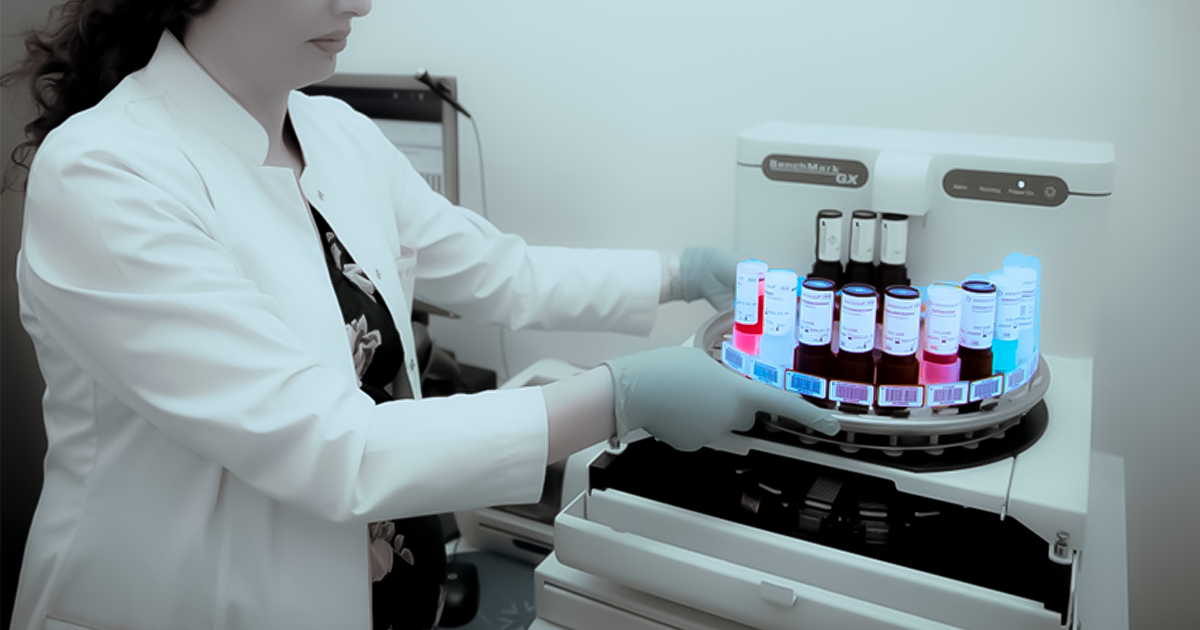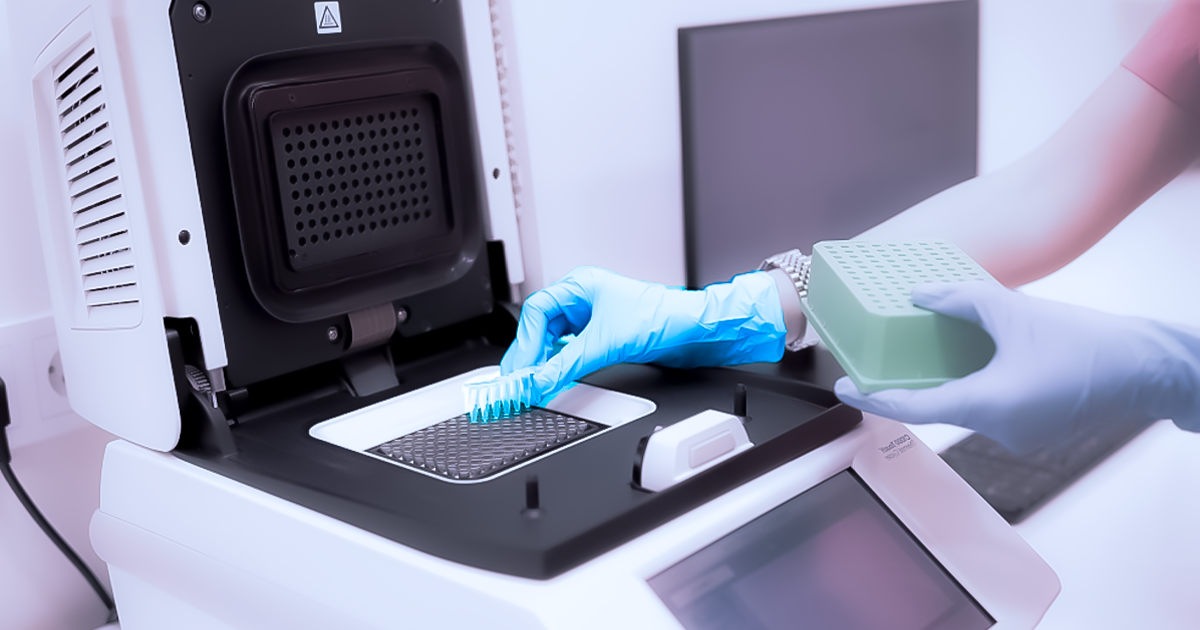Cytological examinations are done in the “HistoGen” Armenian-German Scientific and Practical Center of Pathology with various staining methods, both light and polarizing microscopes, high-quality materials, which allows the qualified specialists of the center to provide accurate diagnoses in a short time.
Cytology is the science of studying human and other animal cells using a microscope.
Cytological examination mainly is a screening method for detecting precancerous / cancerous processes. Usually, this method is followed by a histological examination, but in some cases, for example, fine needle aspiration of the thyroid gland, the method is final and determines the management of the treatment.
There are different methods of obtaining cells: smear, impression, fine-needle aspiration, removal of fluid accumulating in various body cavities, etc. The obtained samples are smeared on a glass slide and fixed with alcohol, special fixatives, or dried in the air, depending on the need of the research and the nature of the material. Then, they are stained with special stains intended for cytological research, and are studied with a light microscope. Sometimes it is necessary to examine the sample in polarized light, and in this case the sample is not stained. Usually polarized light is used in the study of pathological fluids that accumulate in the joints, in order to detect crystals.
In the case of liquids, the sample is centrifuged and a sediment is obtained. According to the cytological conclusion, a cytological block is prepared from the obtained sediment, from which sequential sections are obtained and immunohistochemical methods are used to clarify the nature of the process, in the case of a tumor –subtype, primary focus, molecular subtype, which allows physician to organize the tactics of managing patients.
It is very important to correctly obtain the sample, as well as to prepare, fixate, and stain the slides. Failure in any of the steps makes the sample non-diagnosable and the patient needs to be re-intervented. Slides are stored in the archive for at least 1 year. It is also possible to study the substance present in the glasses at the molecular level detecting the corresponding mutation in the cells, which clarifies the diagnosis, serves as a prognostic factor, and determines the management of the treatment.
Based on the results of cytological studies, the cytologists issue cytological conclusions, and sometimes diagnoses, which, as a rule, are the basis for patient management, further research, and the choice of the treatment tactics by the physician.
